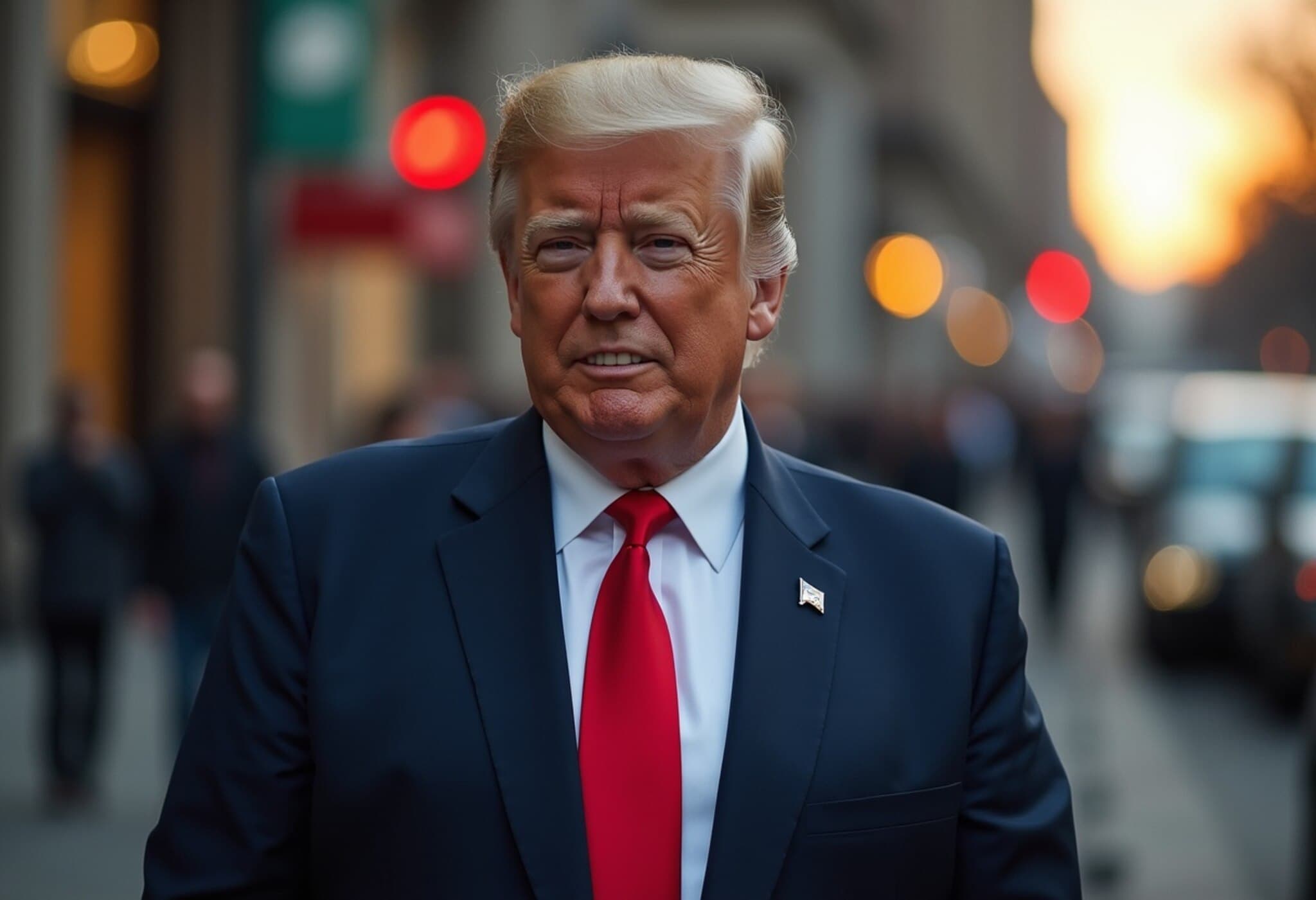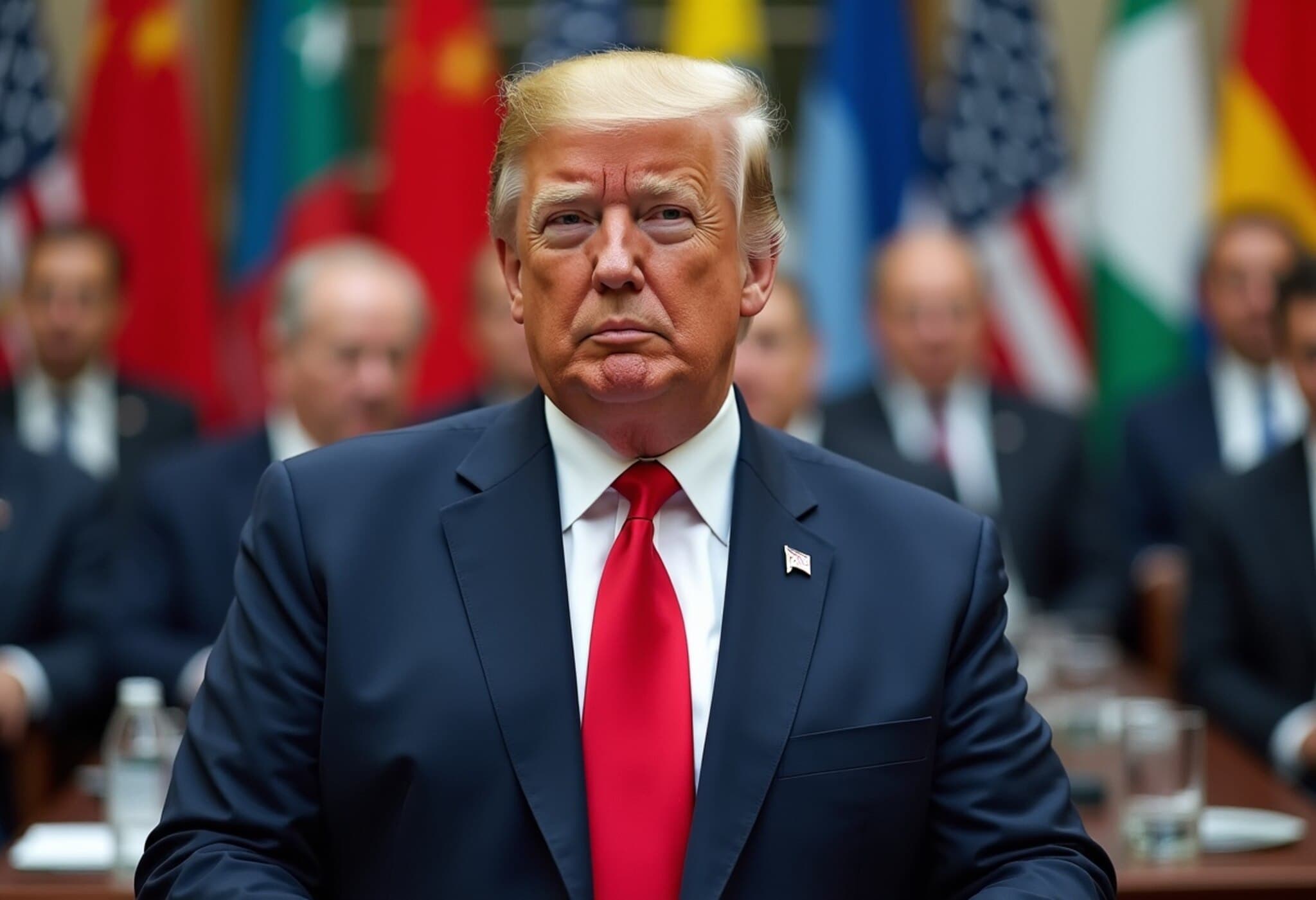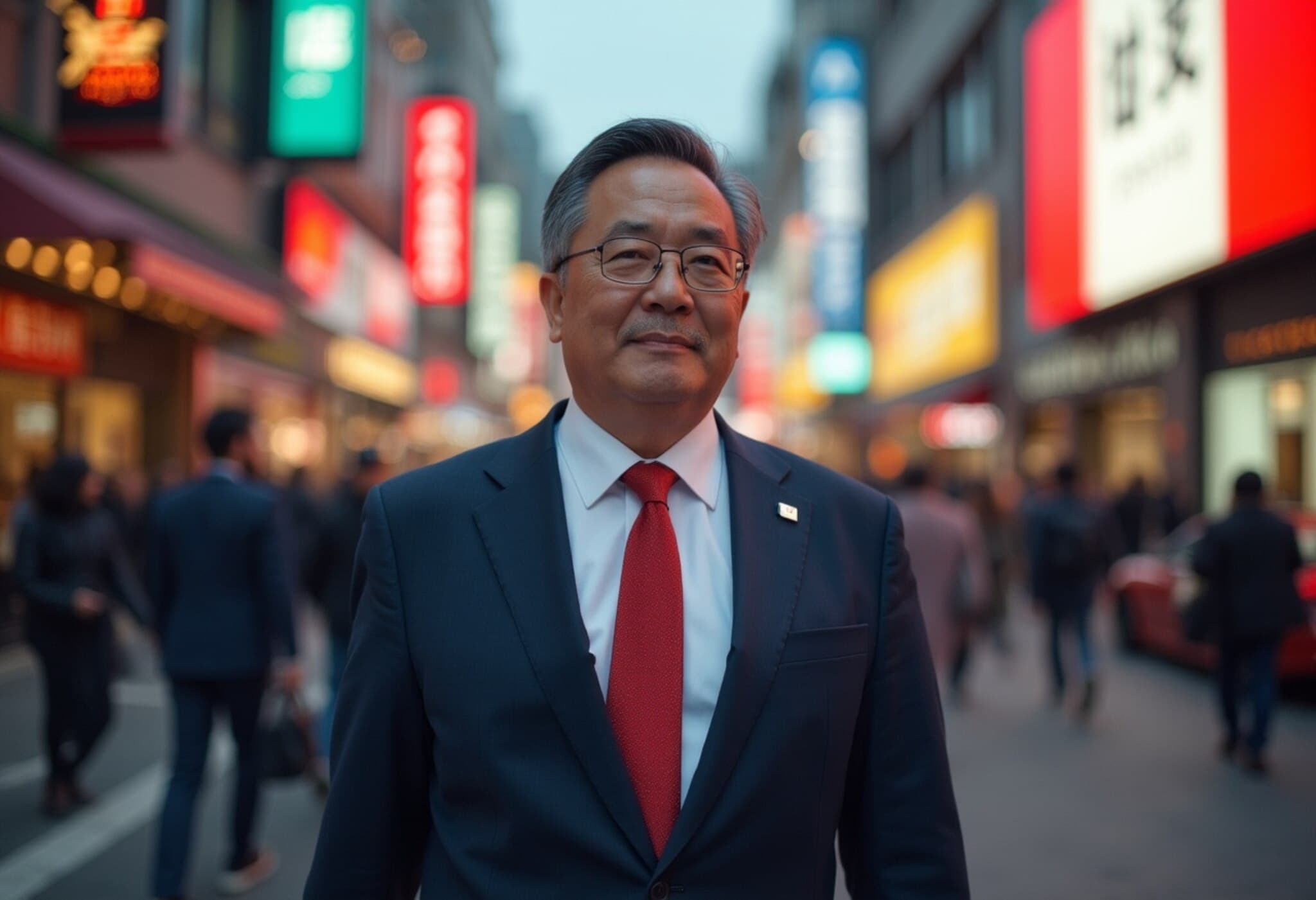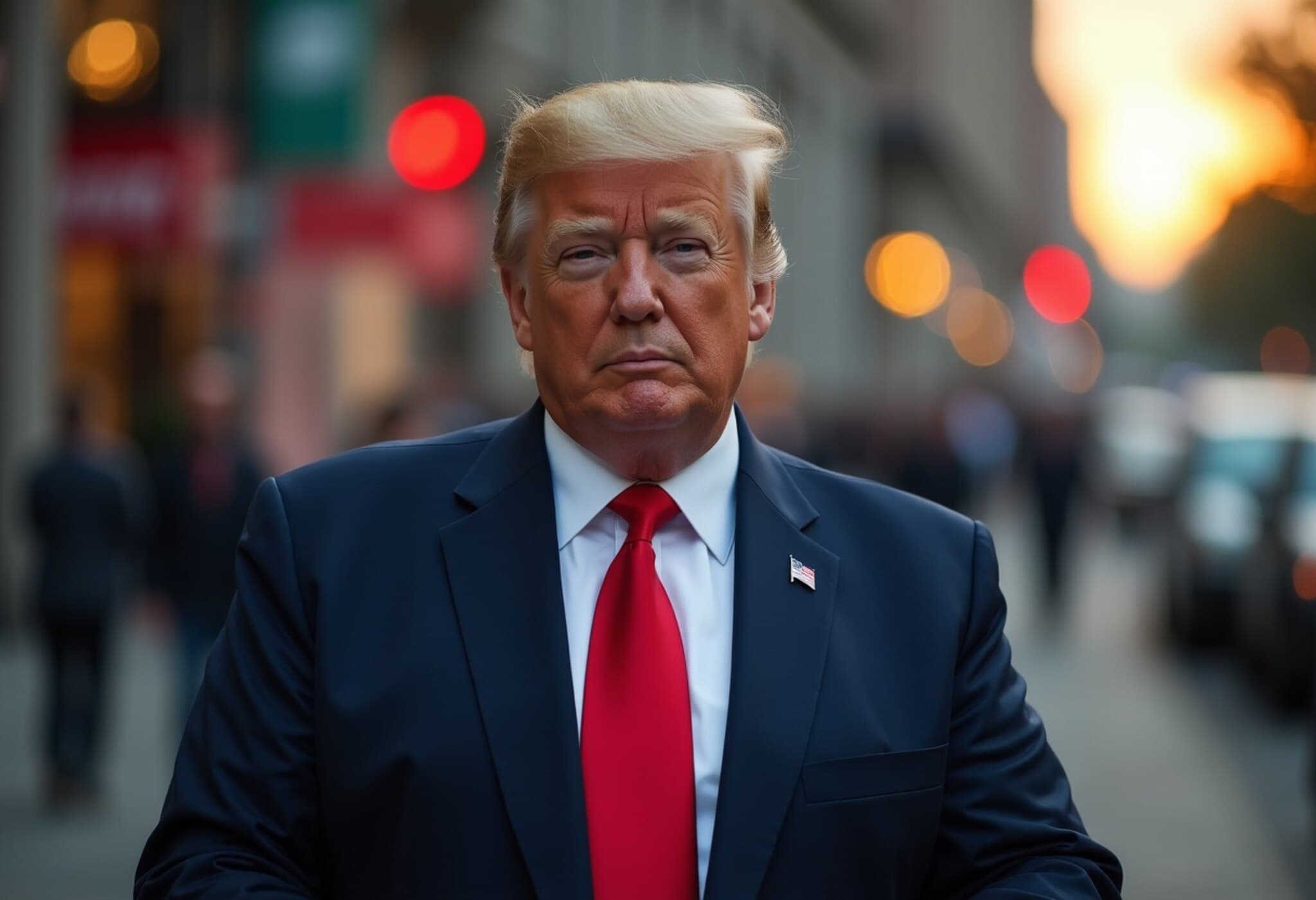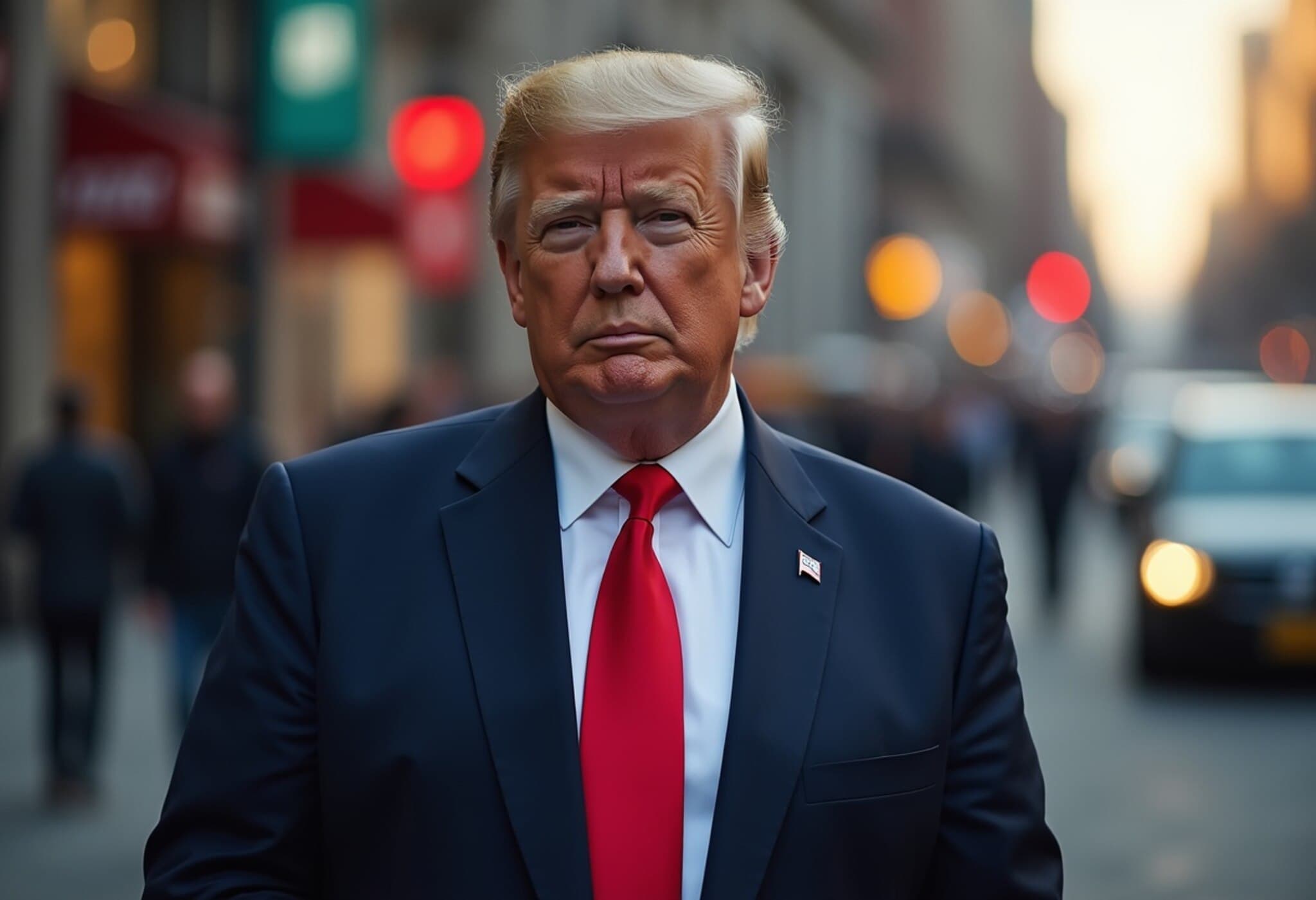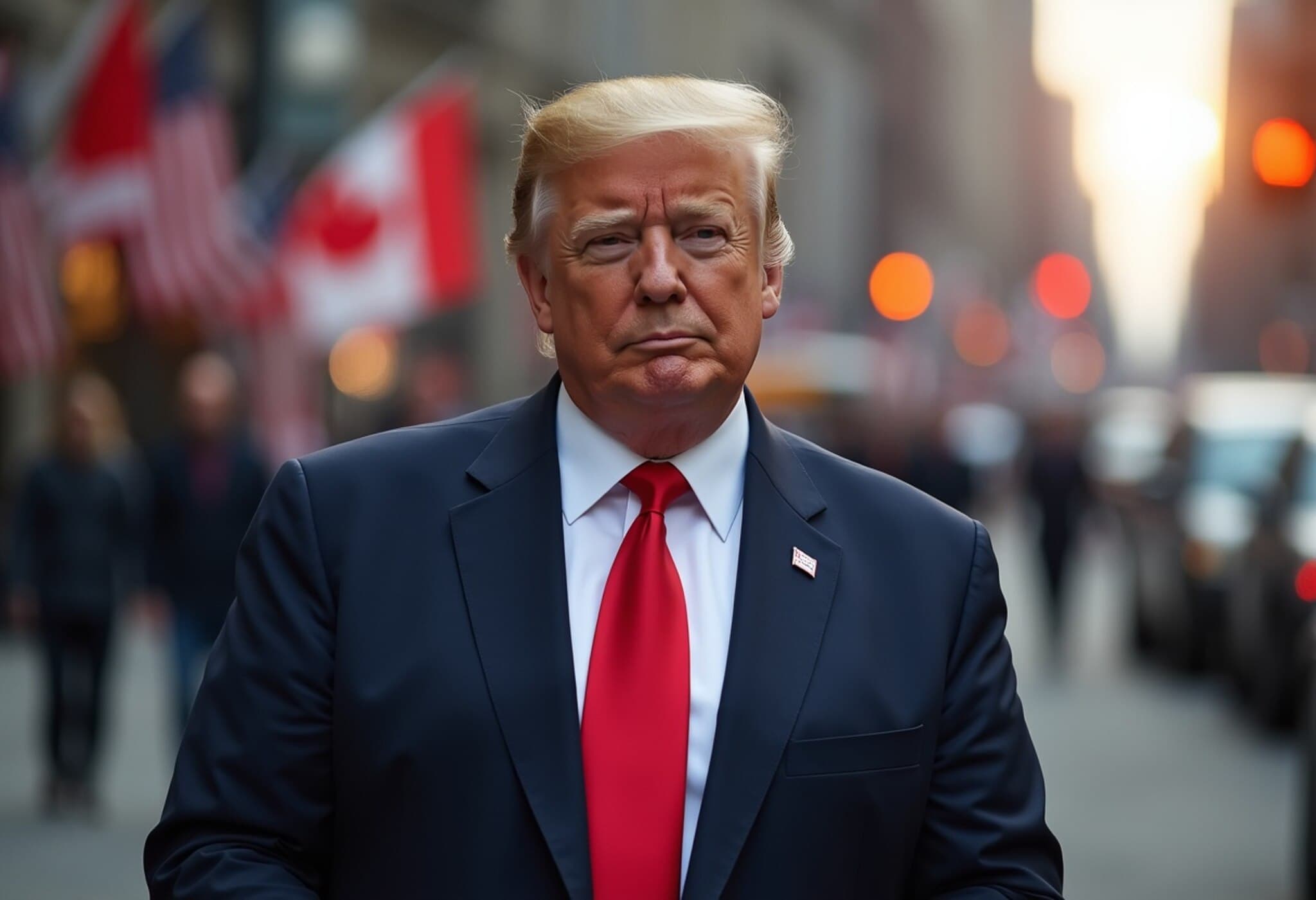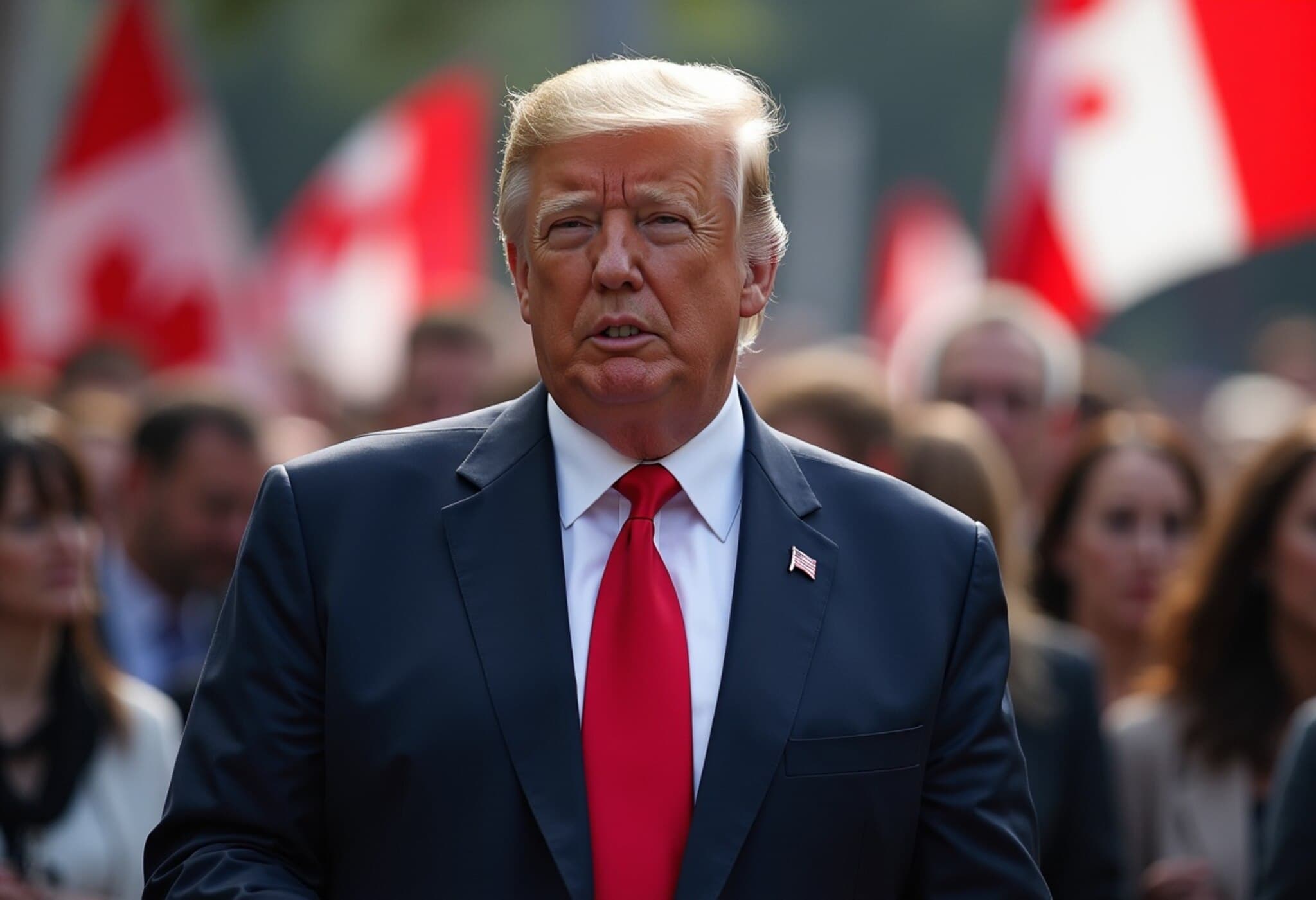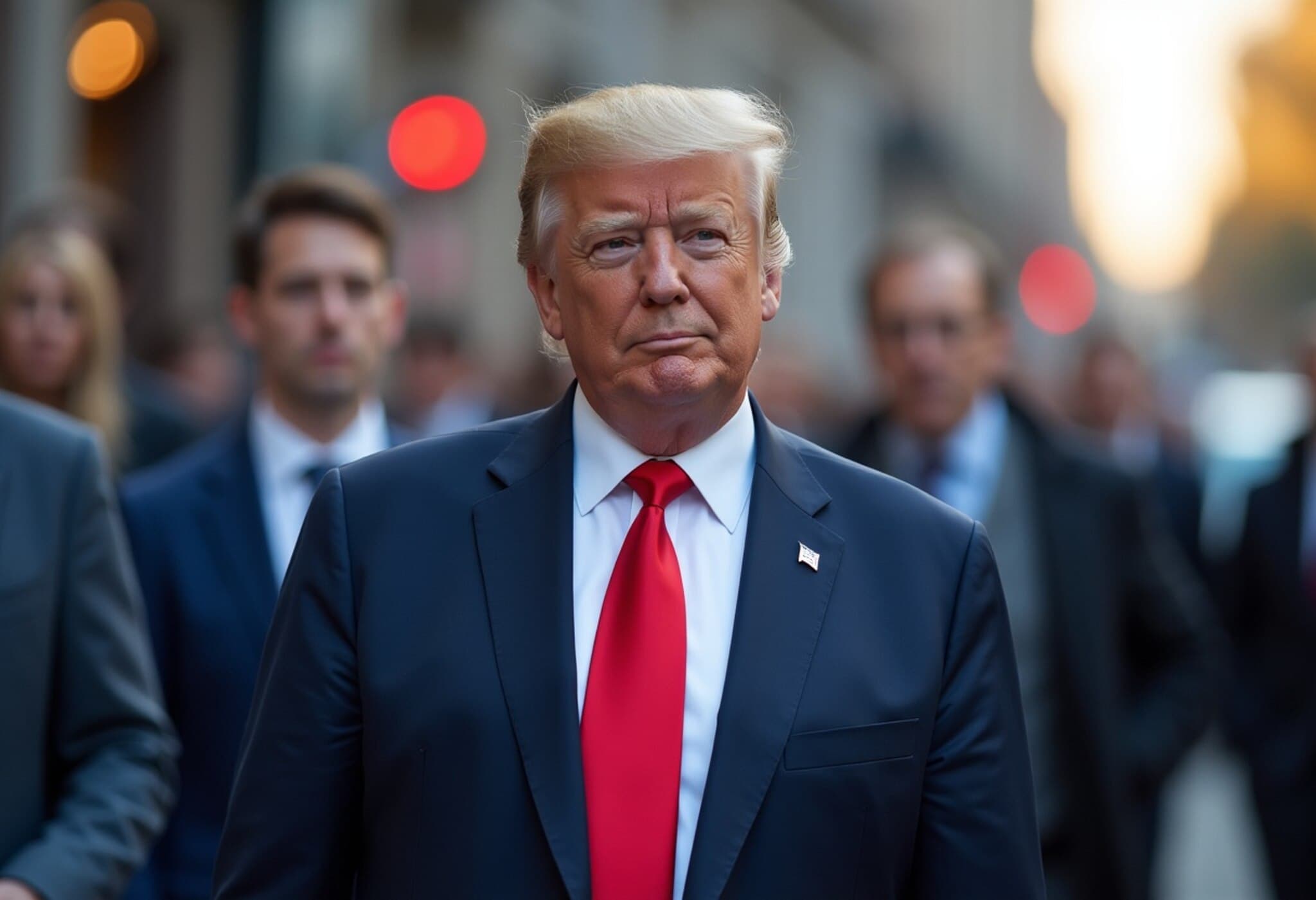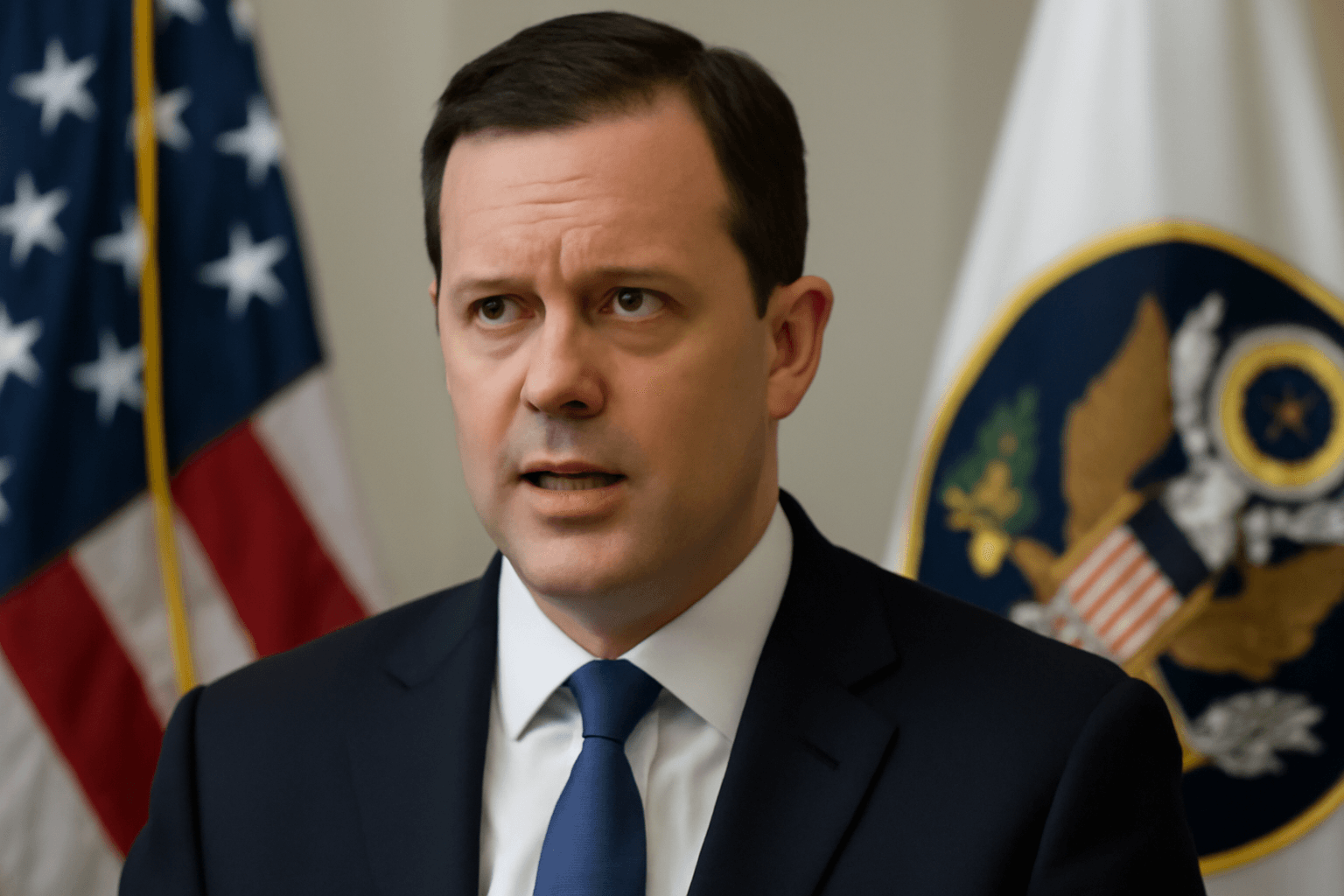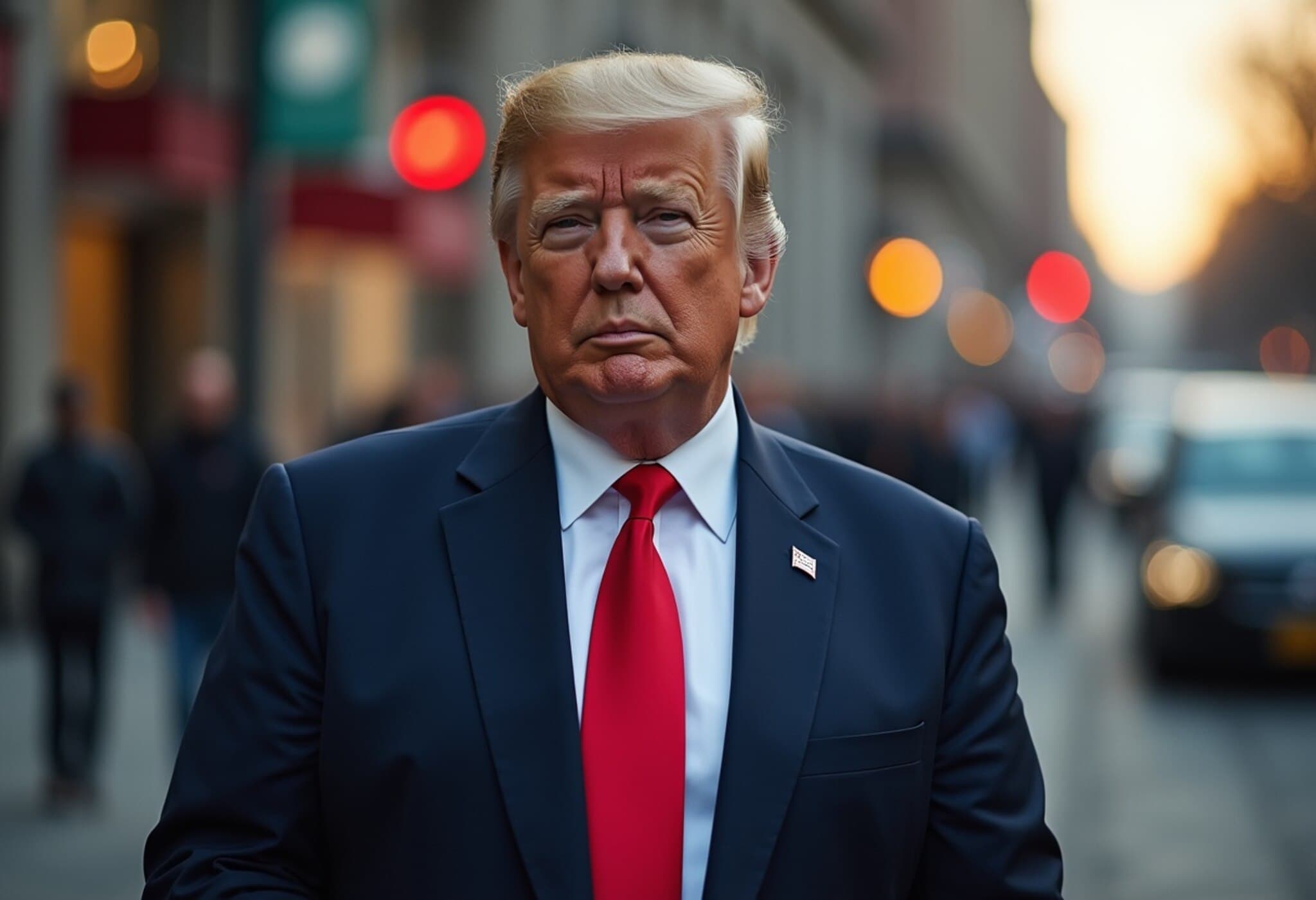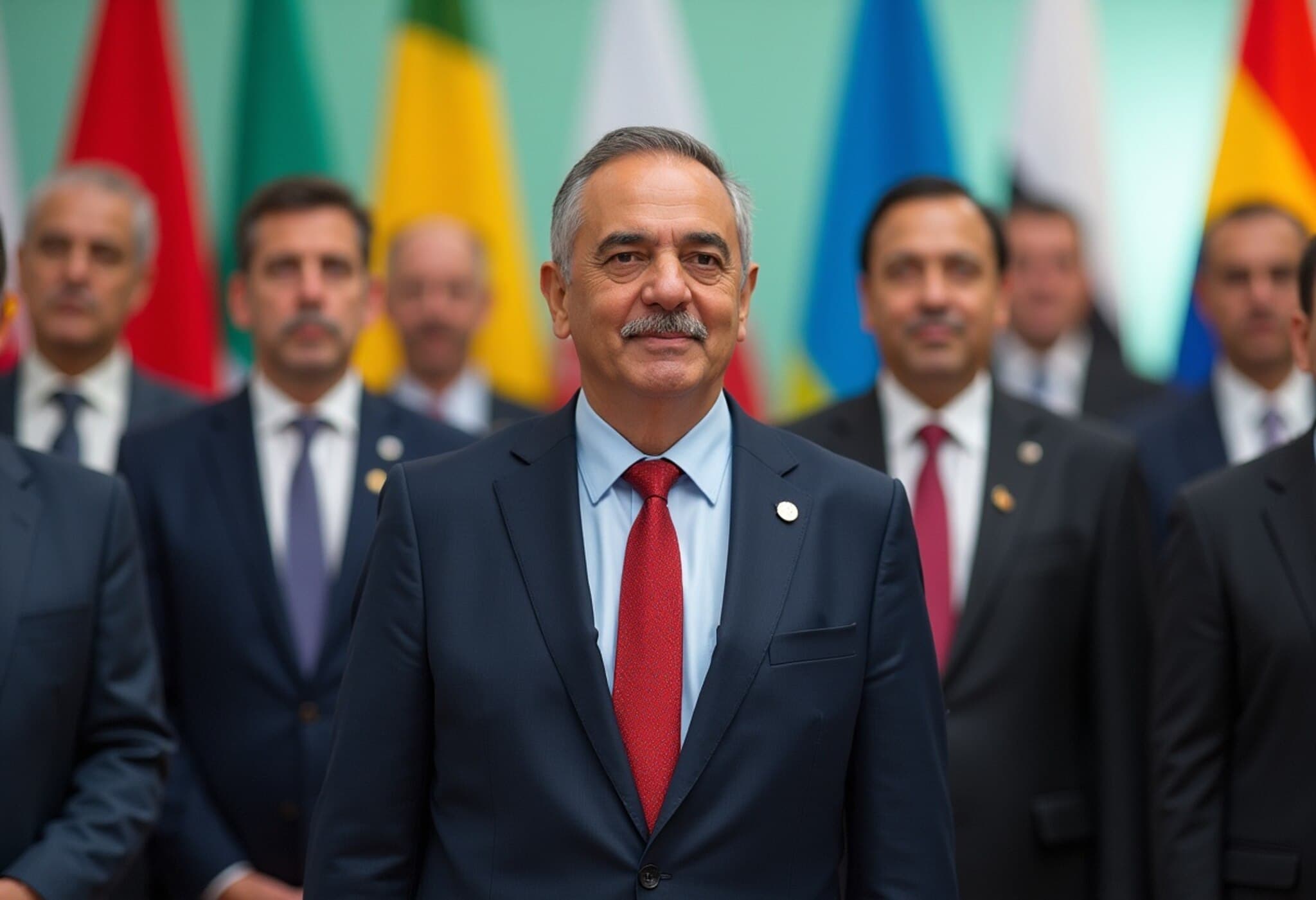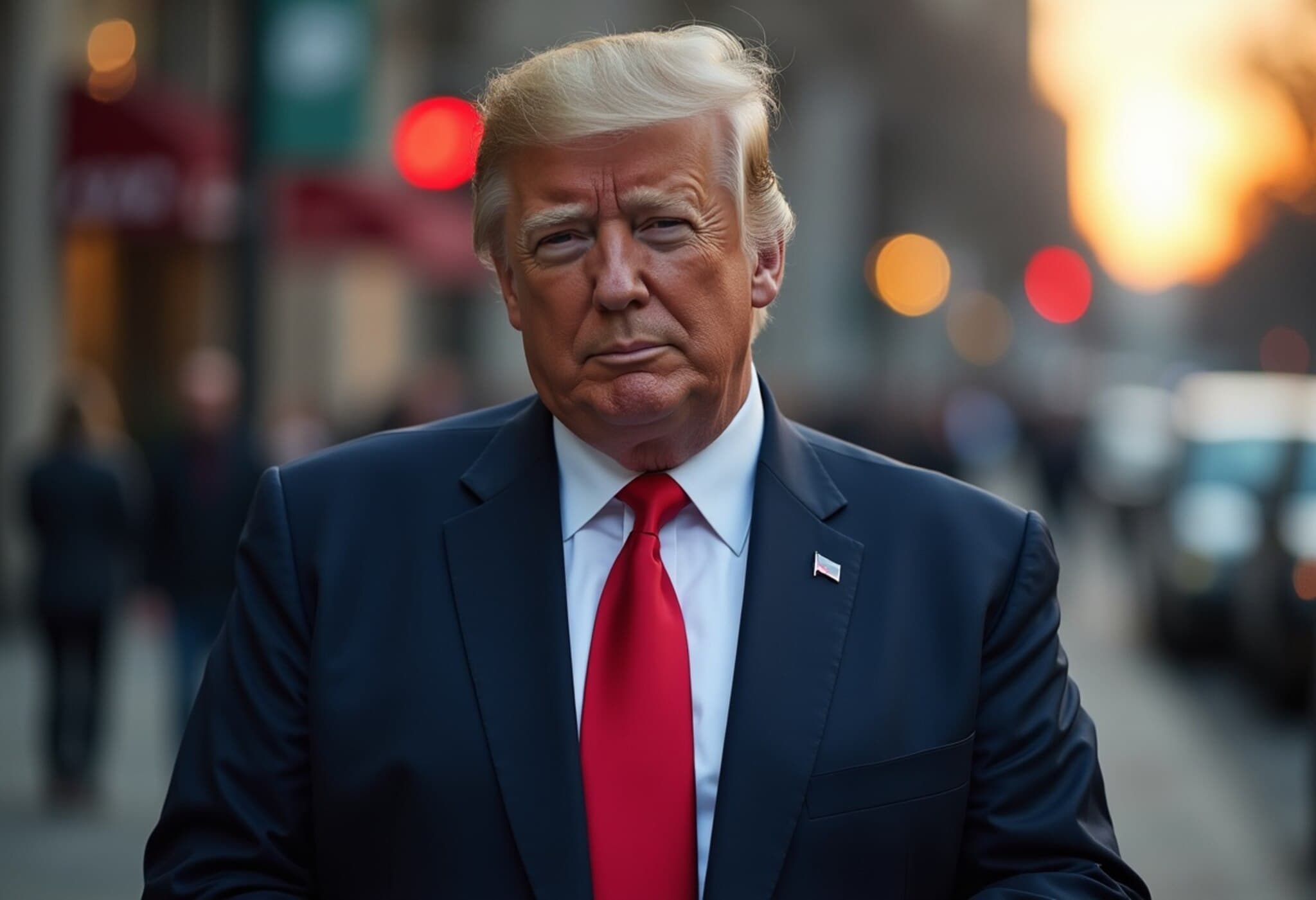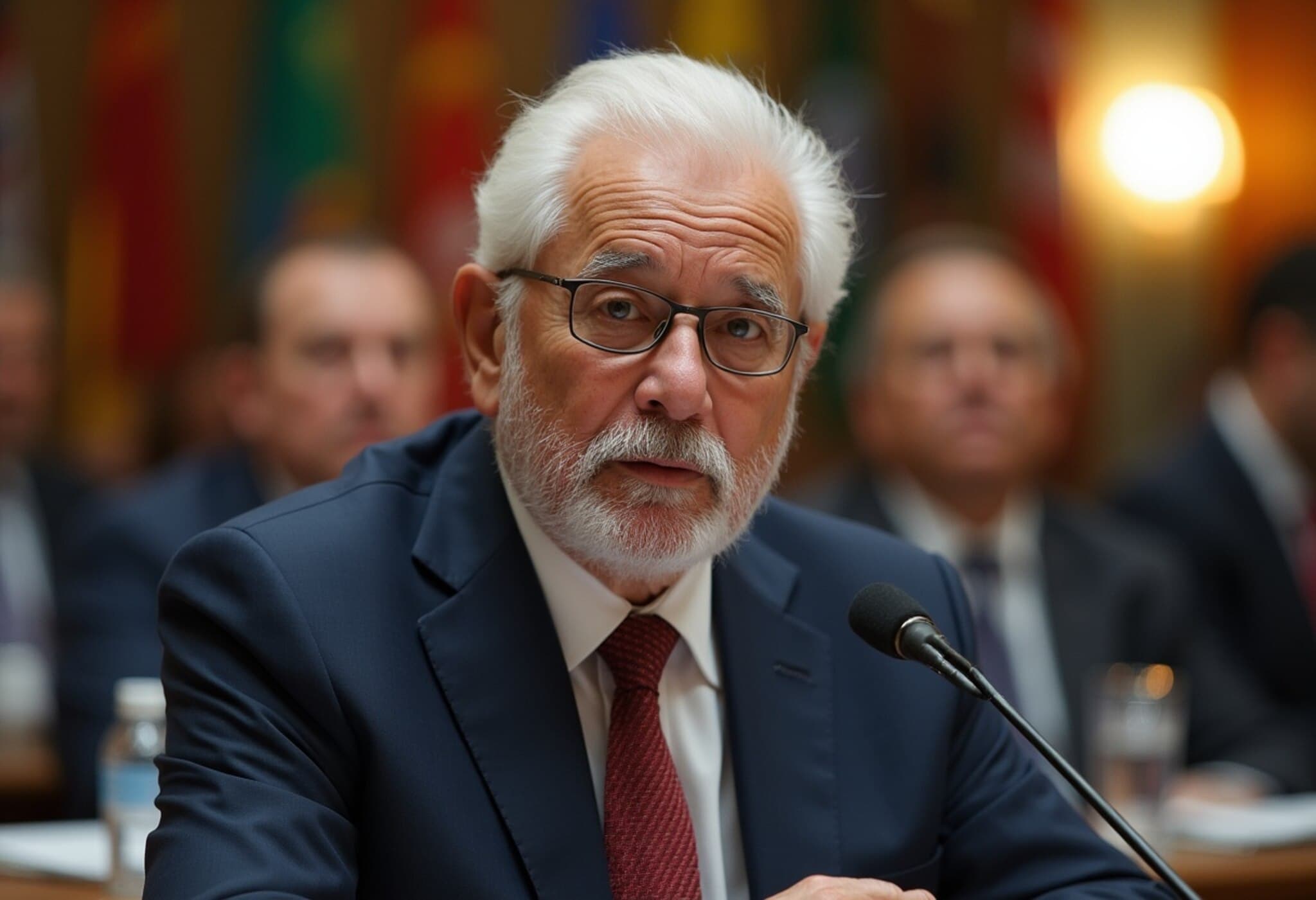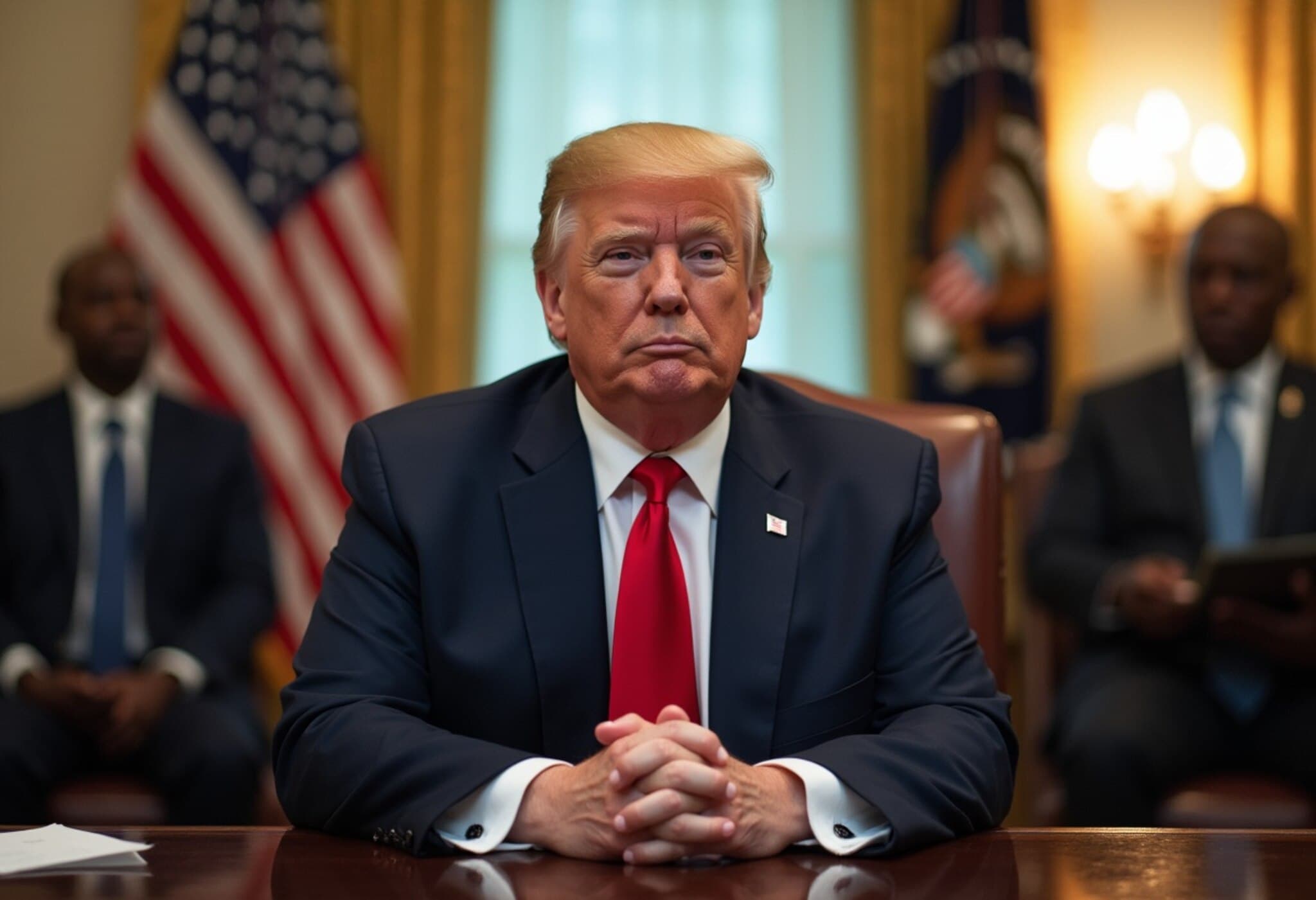Trump Announces 50% Tariffs on Brazilian Imports Linked to Bolsonaro Trial
In a bold and unprecedented move intertwining international trade policy and political allegiance, former US President Donald Trump has announced a hefty 50 percent tariff on imports from Brazil. This sharp trade action is directly connected to the ongoing trial of Brazil’s former President Jair Bolsonaro, highlighting how personal relationships and political dynamics continue to influence American trade decisions beyond economic justifications.
Personal Politics Driving Trade Policy
Traditionally, tariffs are imposed based on economic factors such as trade imbalances or unfair trade practices. However, Trump’s recent stance departs from these norms. He explicitly linked the tariff decision to Brazil’s prosecution of Bolsonaro, who faces charges of allegedly attempting to overturn the 2022 Brazilian election results.
Trump, a personal ally of Bolsonaro, described the legal proceedings as a “witch hunt,” mirroring rhetoric he has long used against investigations targeting himself following the 2020 US election saga. The former president used his social media platform, Truth Social, to declare: “This trial should not be taking place. It is a Witch Hunt that should end IMMEDIATELY!”
The tariff announcement was also accompanied by a pointed message to Brazil's current President Luiz Inácio Lula da Silva, Bolsonaro's 2022 election rival, signaling that diplomatic tensions could escalate beyond the courtroom.
Context of Bolsonaro’s Trial and Brazilian Judiciary
Bolsonaro testified before Brazil’s Supreme Court in June amid mounting accusations. The court is investigating a group of 27 defendants, including Bolsonaro, suspected of orchestrating a plan to subvert democratic election results. A verdict could be announced as early as September, and Bolsonaro currently faces a ban from running for office until 2030.
Brazil’s Vice President Geraldo Alckmin has publicly dismissed the tariff threat as based on misinformation, stating, “This is a matter for our judicial system.” Alckmin also pointed out past judicial actions against President Lula, emphasizing Brazil's institutional independence.
Additional Trade Contentions: Social Media and Censorship Claims
Beyond the tariffs, Trump criticized Brazil’s Supreme Court for fining and temporarily blocking social media companies, including X (formerly Twitter). He labeled these measures as “SECRET and UNLAWFUL Censorship Orders” and announced an investigation under Section 301 of the Trade Act of 1974 — a US law that addresses unfair trade practices deemed harmful to American businesses.
It’s worth noting the underlying media dynamics: X is owned by Elon Musk, a prominent Trump backer for the 2024 US election, while Trump owns Truth Social, a competing platform. This intertwining of political loyalty, trade disputes, and media power adds layers of complexity to the trade war narrative.
Broader Tariff Campaign Targets Multiple Countries
This announcement is part of a broader tariff strategy. Alongside Brazil, Trump sent tariff notifications to seven other countries: the Philippines, Brunei, Moldova, Algeria, Libya, Iraq, and Sri Lanka. Although these nations do not pose significant economic challenges to the US, the move appears to be a show of economic strength or leverage in various geopolitical contexts.
Earlier in the week, Trump imposed a 35 percent tariff on Serbia, framing the trade policy as a tool to influence peace processes. Meanwhile, trade talks continue with major economies like India, while Japan and South Korea have faced 25 percent import taxes.
The new tariffs, effective August 1, breakdown as follows:
- Libya, Iraq, Algeria, Sri Lanka: 30%
- Moldova, Brunei: 25%
- Philippines: 20%
Economic and Political Implications
Economists have raised red flags about Trump’s tariff policies, warning they may exacerbate inflationary pressures and slow down economic growth in the US. Despite these critiques, Trump maintains that tariffs are essential to correcting trade disparities, funding his tax plans, and revitalizing American manufacturing jobs.
During conversations with African leaders, Trump framed tariffs as instruments for resolving international disputes, succinctly stating: “You guys are going to fight, we’re not going to trade. And we seem to be quite successful in doing that.”
Expert Insight: The Intersection of Law, Politics, and Trade
From a policy perspective, Trump’s approach marks a significant shift where judicial proceedings in a foreign democracy have triggered punitive economic countermeasures by the US, raising questions about the politicization of trade tools. Such actions risk undermining international legal norms and could set a precedent where diplomatic disputes are redirected into economic conflict.
Moreover, the selective targeting of Brazil — one of America's largest trading partners in Latin America — poses risks not only for bilateral relations but also for regional economic stability and cooperation on global challenges like climate change.
For US industries, the sudden imposition of tariffs could disrupt supply chains and raise production costs. Consumers, meanwhile, might feel the pinch through higher prices on imported goods.
Unreported Angles and Future Watch Points
- The role of media ownership: How intertwined political loyalties and media control could shape narratives and policy.
- Potential retaliation: Brazil and other affected countries might respond with their own tariffs, escalating trade tensions.
- Impact on US-Brazil cooperation: Tariff disputes could jeopardize collaboration on business, environmental policies, and hemispheric security.
Editor’s Note
Trump’s unprecedented linkage of judicial proceedings in Brazil to sweeping trade sanctions highlights a deepening trend where trade policy is wielded as a tool of political retribution. This development invites us to reflect on the long-term implications for international law, diplomacy, and the global economic order. As this story unfolds, monitoring reactions from Brazil’s government, business sectors, and civil society will be key to understanding whether this tariff maneuver signals a new era of politically charged economic confrontations or a calculated bargaining chip within broader geopolitical games.

